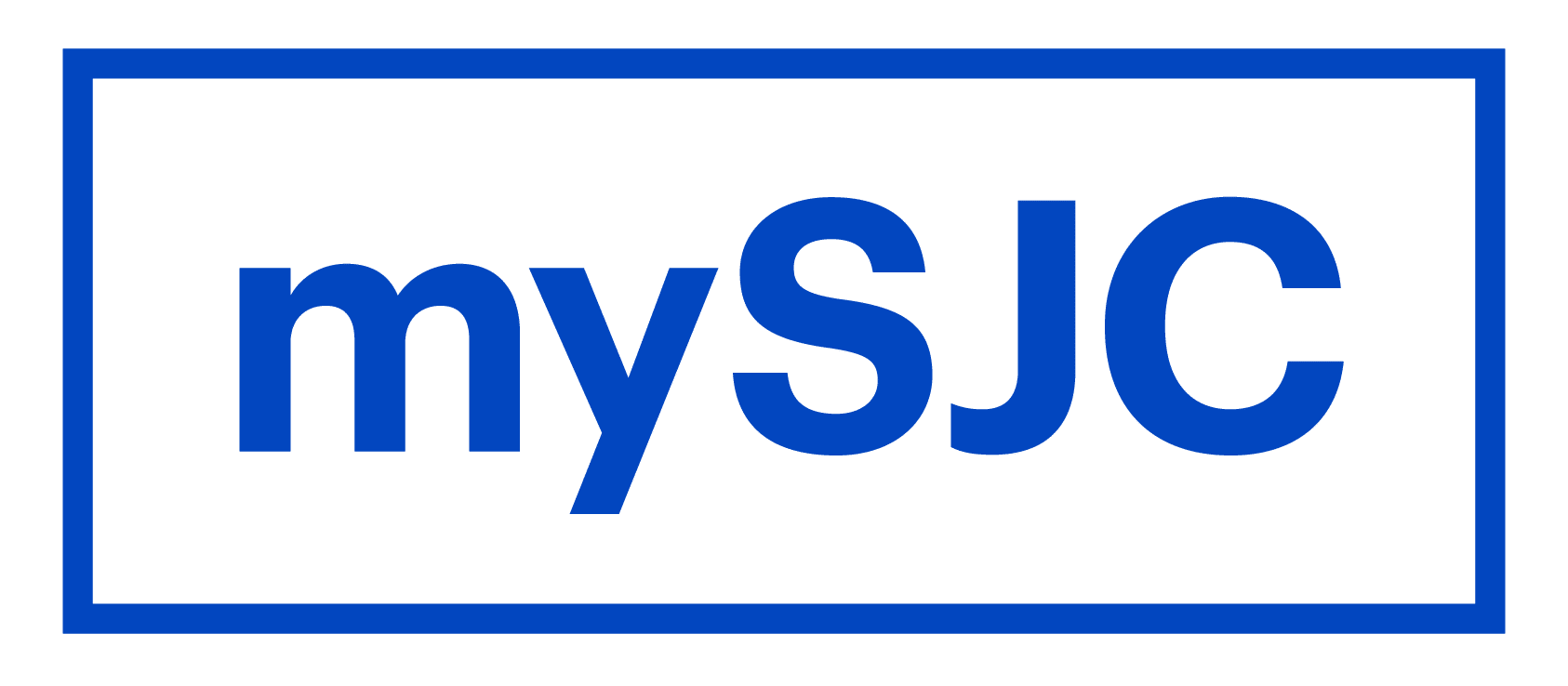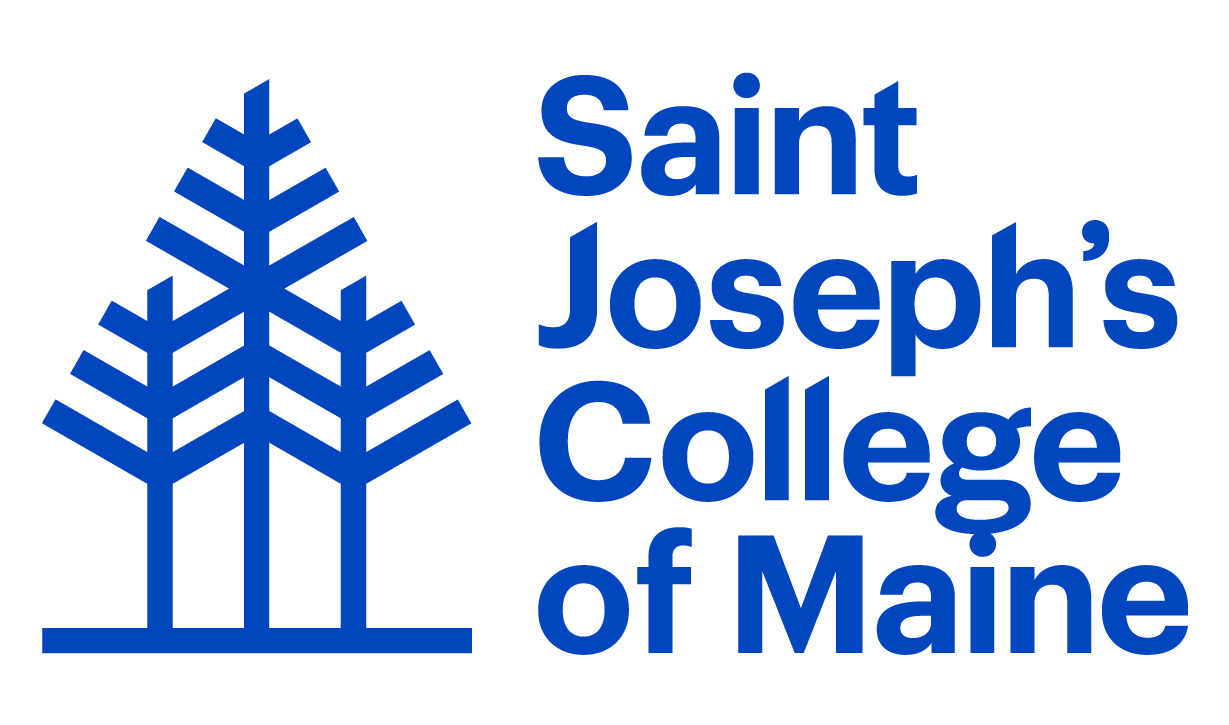New Master of Accountancy Course that Focuses on Forensics!
Share
Not too long ago, I shared a story about our long time faculty member, Doug Letsch, Ph.D. and his annual foray into the realm of Christmas magic portraying Santa Claus for local kids.
Now, I am happy to share that a recently released course in Forensic Accounting, originally proposed and then authored and facilitated by Master of Accountancy faculty member Dr. Letsch is receiving great reviews. The following comments from current students convey more than the course description can.
“AC 660, Forensic Accounting, provides an accounting student with valuable insights and practical knowledge about fraud examinations, litigation support services, testifying as an expert, serving as an advisory expert, and assessing business valuation reports. The course also is helpful in assisting external and internal auditors in planning and performing audits focused on obtaining reasonable assurance about material misstatement caused by fraud.”
“One course that sets the Master of Accountancy (MAcc) program, at Saint Joseph’s College of Maine, apart from others is AC 660 Forensic Accounting. This was my first exposure to a formal educational course regarding forensic accounting. AC 660 was as challenging as it was intriguing. Topics included everything from debit and credit accounting, fraud, financial analyses, business valuation, internal audit, criminal and civil law, rules of evidence, emotional intelligence, and the list goes on.”
“If you are interested in forensic and investigative accounting, AC 660 takes an in-depth look at the different professional positions (expert witness, forensic accountant, auditor, etc.), the required knowledge, skills, and abilities, as well as, professional accreditations and certifications that are required for a successful, value-added career.”
“The most challenging topics for me were electronic data, digital forensic analyses, and cybercrime. I believe to bring value as an Auditor, Controller, Finance Director, or any other professional position, understanding how these “cutting-edge” topics should be intertwined in any accountant’s skill set is critical.”
“The course combined various methods of learning and included discussions, quizzes, and papers. Many of the discussion questions required the student to use and show their understanding by preparing various analyses that leveraged the concepts learned in previous classes, like present value of future cash flows, etc.”
“Lastly, Dr. Doug is an amazing instructor. He is knowledgeable, experienced, and engaging. He pushes a student to excel and try harder. With all of the different topics, it is easy to question one’s abilities. Dr. Doug asks thought-provoking questions and encourages a student to look at various angles by providing subtle guidance and clues as to how to look at the discussion topics and problems. I highly recommend this course!”
“I think one of the things I enjoyed most about this course was learning about all of the possibilities there are in the forensic accounting field. As everyone is more aware of technology and cybersecurity and how these will impact the future of accounting, it was interesting to learn about different certifications you can earn such as the Certified Fraud Examiner (CFE) and Certified Valuation Analyst (CVA). Additionally, the textbook for this course was great! Sometimes accounting textbooks can be a bit dry and difficult to understand in layman’s terms, but the textbook for this course was a very easy read and broke down concepts very well.”
“AC 660: Forensic Accounting is one of the most interesting courses I have taken at Saint Joseph’s College of Maine. If you are a fan of true crime stories such as Forensic Files, this course will definitely keep your interest. The textbook is easy to read and while it teaches you the academics of forensic and investigative accounting, it also provides plenty of real-world cases and examples that keep the material interesting and applicable. One of the major benefits of taking this course is opening up a variety of career opportunities in accounting that you might not have otherwise known existed.”
There is a growing need for expertise in forensic accounting! The employment outlook through the lenses of the BLS and the FBI includes the following insights.
Bureau of Labor Statistics (BLS)
Employment of accountants and auditors is projected to grow 4 percent from 2019 to 2029, about as fast as the average for all occupations. Globalization, a growing economy, and a complex tax and regulatory environment are expected to continue to lead to strong demand for accountants and auditors.
https://www.bls.gov/ooh/business-and-financial/accountants-and-auditors.htm#tab-6 (BLS, March 18, 2021)
…public accountants specialize in forensic accounting, investigating financial crimes such as securities fraud and embezzlement, bankruptcies and contract disputes, and other complex and potentially criminal financial transactions. Forensic accountants combine their knowledge of accounting and finance with law and investigative techniques to determine if an activity is illegal. Many forensic accountants work closely with law enforcement personnel and lawyers during investigations and often appear as expert witnesses during trials.
Forensic Accountants and the Federal Bureau of Investigation (FBI)
FBI Jobs in Operations & Intelligence/Forensic Accountants in the FBI tackle complex challenges with every assignment. They work hand-in-hand with Special Agents to keep America safe by tracing and linking funding sources to criminal activity and national security matters…investigate complex financial crimes involving corporate fraud, financial institution fraud, health care fraud, mortgage fraud and securities and commodities fraud. Their expertise is also applied to counterintelligence, counterterrorism, cybercrime, organized crime, public corruption and violent crime investigations. FBI Forensic Accountant positions differ from FBI Special Agent positions in that they do not include special age, physical fitness, mobility or firearms requirements.
https://www.fbijobs.gov/career-paths/forensic-accountant (FBI Jobs, March 18, 2021)
The FBI has entry level positions and does not require the CPA or CFF credential for employment, but a single course can serve to open the door to employment and racking up the “1000 hours of forensic accounting experience needed for CFF certification.”
And don’t forget about the professional opportunities that can set the stage for long term career goals. From the American Institute of CPAs (AICPA), you can learn more about the complete roadmap for certification to become Certified in Financial Forensics and earn the “CFF” designation.
Students with interests in accounting, business and criminal justice are encouraged to inquire.
Current students should speak with their advisor to enroll.

